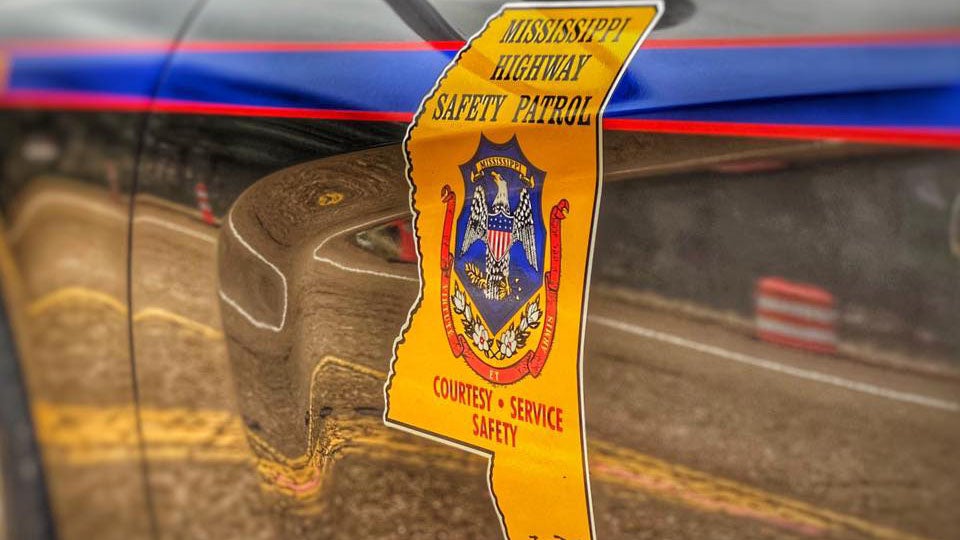County gets much less than sought for voting
Published 6:00 am Wednesday, November 23, 2005
Lincoln County supervisors learned Monday they would receiveonly $17,000 of the $52,000 requested from the state to help bringthe county in line with the Help American Vote Act of 2002.
Counties have until January to meet requirements of the act,which was meant to eliminate some of the problems that plaguedFlorida during the 2000 presidential election and to ensureadequate access to voting precincts for the handicapped.
The HAVA deadline has not been extended for states and countiesrecovering from Hurricane Katrina, said David Fields, countyadministrator.
Many Lincoln County polling places lack doors wide enough toallow voters in wheelchairs to enter, Fields said.
Ten precincts do not have doors wide enough and about 12 needramps, he said.
The $17,000 received from the state will break down toapproximately $3,200 between the five districts, Fields said.
“Thirty-two hundred dollars is not going to go very far,” hesaid.
In order to meet the deadline, supervisors will have to maketemporary fixes where possible, Fields said. Plastic ramps can berented, or carpenters can install a ramp of plywood to last untilthe county can afford to upgrade to permanent concrete ramps.
Widening doors, however, allows few alternatives. One solutionis that precincts housed in volunteer fire departments could adjustthe voting location within the building to accommodate voters inwheelchairs.
“Some of those volunteer fire departments may be able to use thebay area to avoid the door problems,” Fields said.
Permanent improvements such as widening doors and installingconcrete ramps may not be possible at some precincts. Someprecincts are located in churches or other privately ownedbuildings.
“We can’t just go in and tear a door out and put a new one in ifit’s not our building,” Fields said.
HAVA requirements have some supervisors wondering if it mightnot be time to merge some smaller precincts in the county.
“From a money standpoint, I think it’s something we need to lookat,” District Four Supervisor Doug Moak said.
No specific precincts were named.
Supervisors, who have been looking at the precinct situation forweeks, say there is no easy solution.
Moak suggested the county hire a contractor to visit eachprecinct and determine what it needs to bring it in line with HAVAbefore the January deadline. That suggestion was never brought to avote.
Further complicating the situation is a HAVA requirement forcounties to implement touch-screen voting.
Supervisors this summer agreed to an agreement negotiated bySecretary of State Eric Clark with Diebold Election Systems forelectronic voting machines. Under the agreement, the federalgovernment is paying the bulk of the tab for voting machines, up toone machine per 190 registered voters. The funds will also providetraining and support.
However, supervisors say the number of machines provided underthe agreement will not meet their needs.
Counties may purchase additional machines through the company atthe same cost – nearly $3,000 per machine.
Supervisors and election commissioners are trying to determinehow many extra machines the county should purchase to ensure smoothand efficient precinct operations.
Supervisors want to provide a minimum of two machines perprecinct with a few held in reserve as back-ups should onefail.
Election commissioners were asked to supply the board withprecinct numbers a few weeks ago.
“They haven’t brought back the numbers on that,” Fieldssaid.
He said he hopes those numbers will become at the next meetingof the board on Dec. 5 so supervisors can make an educateddetermination on how many of the machines they will have topurchase that month.




